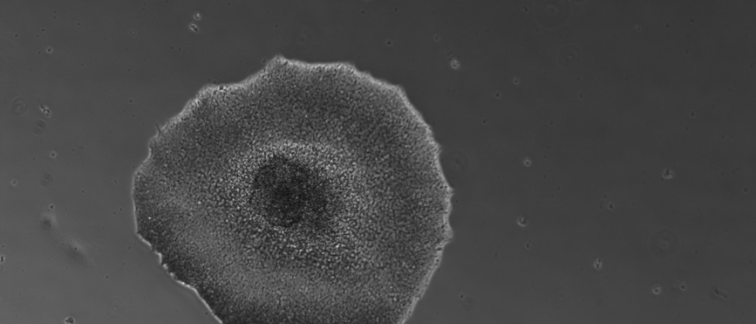Beckwith-Wiedemann Syndrome (BWS) is an overgrowth hereditary disorder with an increased frequency of identical twins, in which only one of the twins seems to be affected by BWS. The aetiology of this increased identical twinning frequency remains unknown. Examining this unique phenomenon is expected to lead to a better understanding of the process of twinning. We hypothesize that by investigating the differences of induced pluripotent stem cells (iPSCs) derived from skin fibroblasts of these twin pairs the pathogenesis of this process can be uncovered. Two pairs of twins have been included in this project and have provided a skin biopsy. Their skin biopsies were used to isolate primary dermal fibroblasts and successfully generated iPSCs that are currently being studied.
With these invaluable tools (iPSCs) we will be able to shed light on the very beginning of the circle of life, i.e. embryonic development. Gaining insight into the origin of identical twinning will not only benefit the reproduction and development research community but will also fill a huge knowledge gap in human evolution.
Amsterdam UMC researchers involved in this project:
Danai Georgiadou, Souad Boussata, Marie van Dijk, Abdirahim Artan

